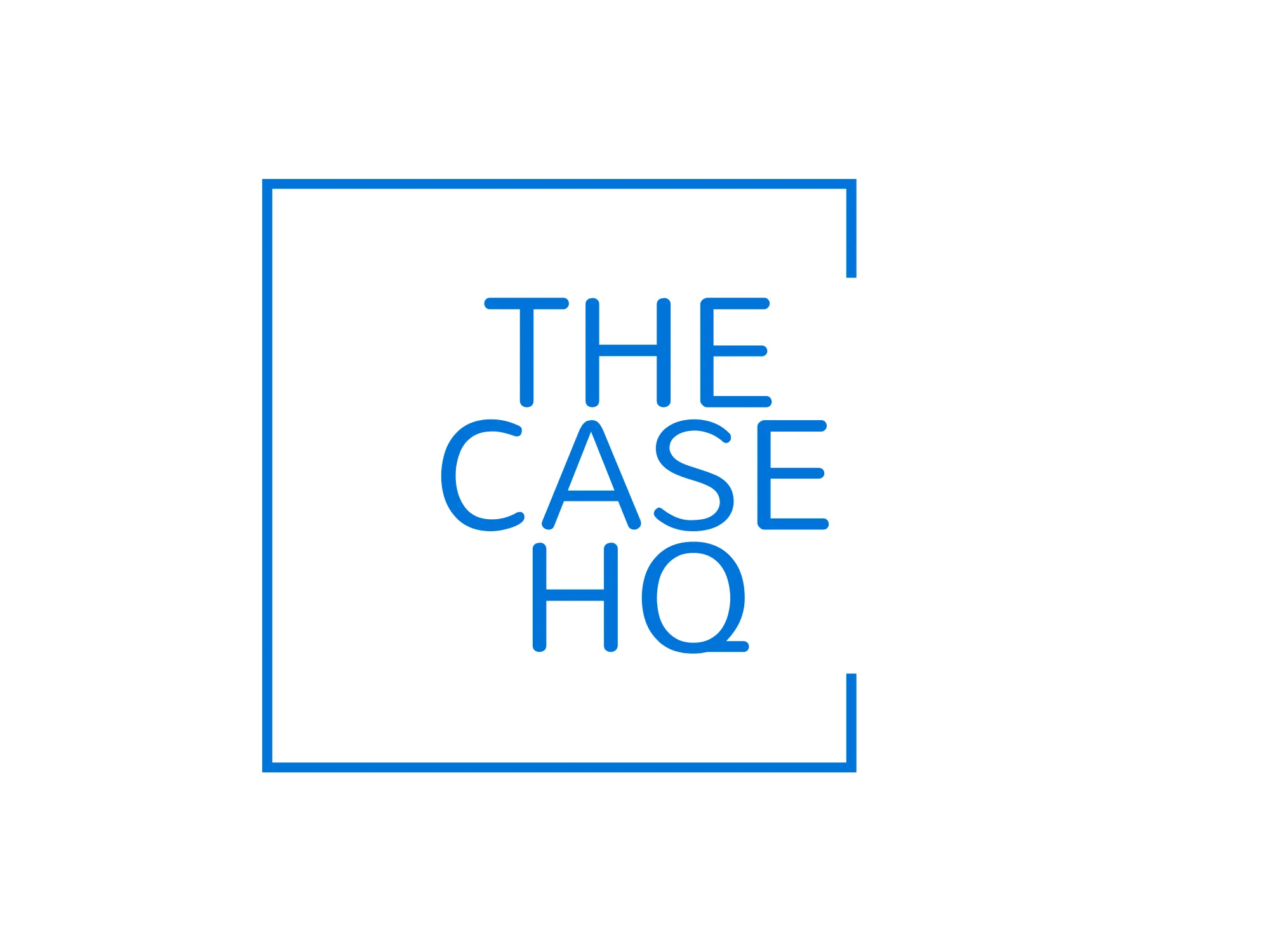Embarking on a PhD journey is both exciting and daunting. But what no one tells you about starting a PhD is that the road to a doctorate is filled with unforeseen challenges, personal growth, and moments of doubt that test your resolve.
Most PhD students begin with a clear vision of their research goals. However, reality often diverges from expectations. Navigating the complexities of doctoral study requires much more than academic skill—it demands emotional resilience, strategic planning, and a readiness to embrace uncertainty.
The Truth About Starting a PhD: It’s More Than Just Research
The perception that a PhD is purely about conducting research is misleading. What no one tells you about starting a PhD is that it involves:
- Learning to Manage Ambiguity
PhD research is inherently unpredictable. Unlike undergraduate or master’s programs, there is no structured curriculum to guide you. Instead, you are expected to carve your own path, often through trial and error.
Example:
A PhD student researching climate change adaptation methods found that her initial research question was too broad. After several months of frustration, she refined her topic by focusing on urban resilience in coastal cities. This refinement was only possible through persistent questioning and narrowing of scope.
Emotional Resilience Is Essential
One aspect no one tells you about starting a PhD is how emotionally demanding the process can be. Isolation, imposter syndrome, and burnout are common experiences that many PhD students face.
- Dealing With Isolation
Working on a niche topic can feel isolating, especially if few people understand or share your interest. This lack of peer interaction can be overwhelming, particularly during the early stages of research.
Example:
A PhD student studying machine learning applications in healthcare found himself spending days coding alone. To combat isolation, he joined a research group that provided both intellectual stimulation and emotional support.
- Handling Imposter Syndrome
Many PhD students doubt their abilities, especially when comparing themselves to more experienced researchers. Recognising that everyone struggles at some point is crucial for building confidence.
Example:
A new PhD candidate in literary studies constantly felt her work was inadequate. After discussing her concerns with her supervisor, she realised that doubt is a natural part of the learning process.
The Importance of Effective Time Management
What no one tells you about starting a PhD is that time management becomes a survival skill. Without clear deadlines and structured coursework, it’s easy to lose focus.
- Creating a Research Timeline
Break down your research into smaller, manageable tasks with deadlines. This helps you maintain momentum and track progress.
Example:
A PhD student working on renewable energy technologies created a Gantt chart to outline his research plan. By visualising his progress, he could identify bottlenecks early and adjust accordingly.
- Balancing Research With Personal Life
Maintaining a healthy work-life balance is crucial. Setting boundaries and taking breaks can prevent burnout and improve productivity.
Example:
One PhD candidate set a rule to stop working by 7 PM each evening. This routine allowed her to recharge and return to her research with renewed focus.
Navigating Supervisor Relationships
Another truth no one tells you about starting a PhD is how critical the supervisor-student relationship is. A supportive supervisor can make your journey enjoyable, while a mismatched one can be a source of stress.
- Setting Clear Expectations
From the start, establish clear expectations about communication frequency, feedback timelines, and research direction.
Example:
A PhD student in psychology had frequent miscommunications with her supervisor about feedback. After a candid discussion, they agreed on biweekly meetings to keep progress on track.
- Seeking Guidance From Multiple Sources
While your supervisor is a key mentor, don’t hesitate to seek advice from other faculty members, peers, or even external experts.
Embracing Change and Adapting
PhD research rarely goes as planned. What no one tells you about starting a PhD is that adaptability is one of the most important skills you can develop.
- Redefining Your Research Goals
As your research progresses, your original question may evolve. Embrace this process as part of your intellectual growth.
Example:
A PhD candidate studying ancient manuscripts realised that her original research question was unfeasible due to limited resources. After consulting her supervisor, she redefined her topic to focus on digital preservation methods.
- Learning From Failure
Not every experiment or idea will work. Learning from setbacks is essential for developing resilience and improving your research methodology.
Final Thoughts
So, what no one tells you about starting a PhD? It’s a journey filled with unexpected twists, emotional challenges, and moments of self-doubt. But it’s also a time of incredible growth, discovery, and intellectual fulfilment.
The key to success lies in embracing uncertainty, maintaining resilience, and building a support network that includes supervisors, peers, and mentors. If you approach your PhD journey with an open mind and a willingness to adapt, you will not only survive but thrive.
Visit our course page for 80+ certifications/courses: https://thecasehq.com/courseso/



Responses